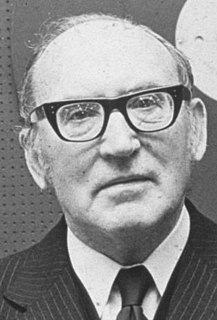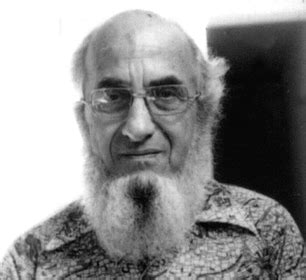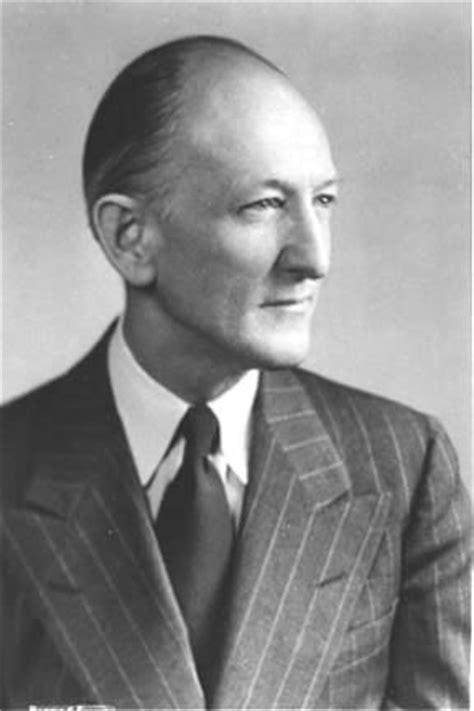A Quote by Ralph Waldo Emerson
One single idea may have greater weight than all the men, animals, and machines for a century.
Related Quotes
...In little more than a single century from 1820 to 19450, no less than fifty-nine million human animals were killed in inter-group clashes of one sort or another.... We describe these killings as men behaving "like animals," but if we could find a wild animal that showed signs of acting this way, it would be more precise to describe it as behaving like men.
The artificial intelligence approach may not be altogether the right one to make to the problem of designing automatic assembly devices. Animals and machines are constructed from entirely different materials and on quite different principles. When engineers have tried to draw inspiration from a study of the way animals work they have usually been misled; the history of early attempts to construct flying machines with flapping wings illustrates this very clearly.
Men are noisy, narrow-band devices, but their nervous systems have very many parallel and simultaneously active channels. Relative to men, computing machines are very fast and very accurate, but they are constrained to perform only one or a few elementary operations at a time. Men are flexible, capable of "programming themselves contingently" on the basis of newly received information. Computing machines are single-minded, constrained by their "pre-programming."
The axioms of physics translate the laws of ethics. Thus, "the whole is greater than its part;" "reaction is equal to action;" "the smallest weight may be made to lift the greatest, the difference of weight being compensated by time;" and many the like propositions, which have an ethical as well as physical sense. These propositions have a much more extensive and universal sense when applied to human life, than when confined to technical use.
Given that the nineteenth century was the century of Socialism, of Liberalism, and of Democracy, it does not necessarily follow that the twentieth century must also be a century of Socialism, Liberalism and Democracy: political doctrines pass, but humanity remains, and it may rather be expected that this will be a century of authority ... a century of Fascism. For if the nineteenth century was a century of individualism it may be expected that this will be the century of collectivism and hence the century of the State.
In the twentieth century, men -- all of us -- find themselves compelled to commit or condone evil for the sake of preventing an evil believed to be greater. And the tragedy is that we do not know whether the evil we condone will not in the end be greater than the evil we seek to avert-- or be identified with.









































